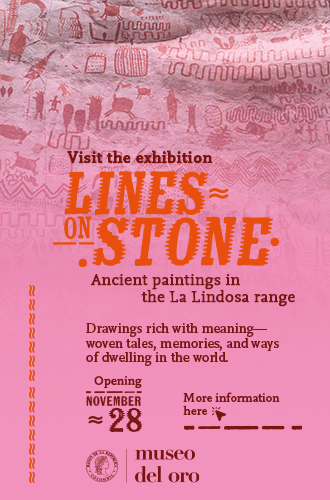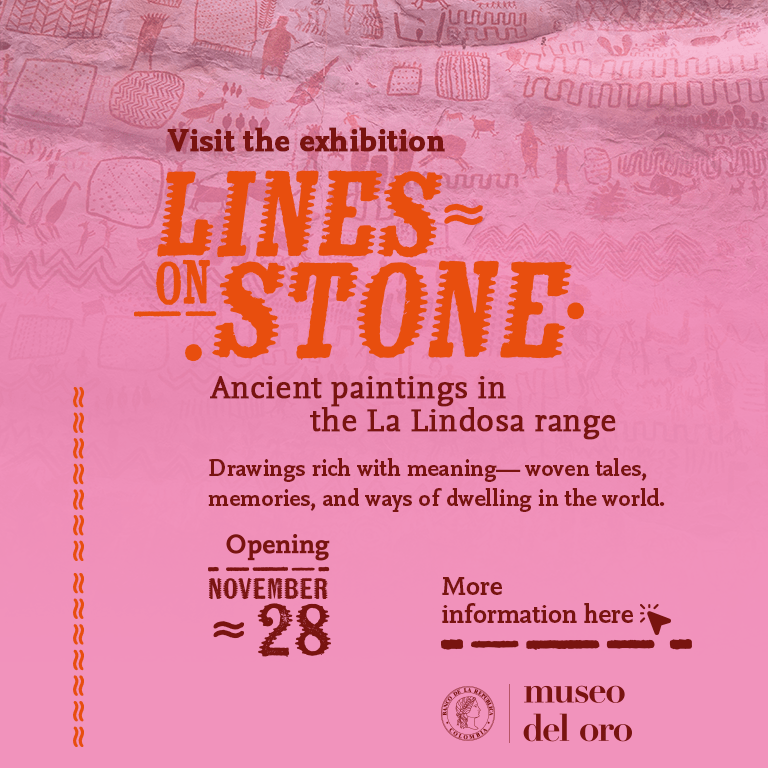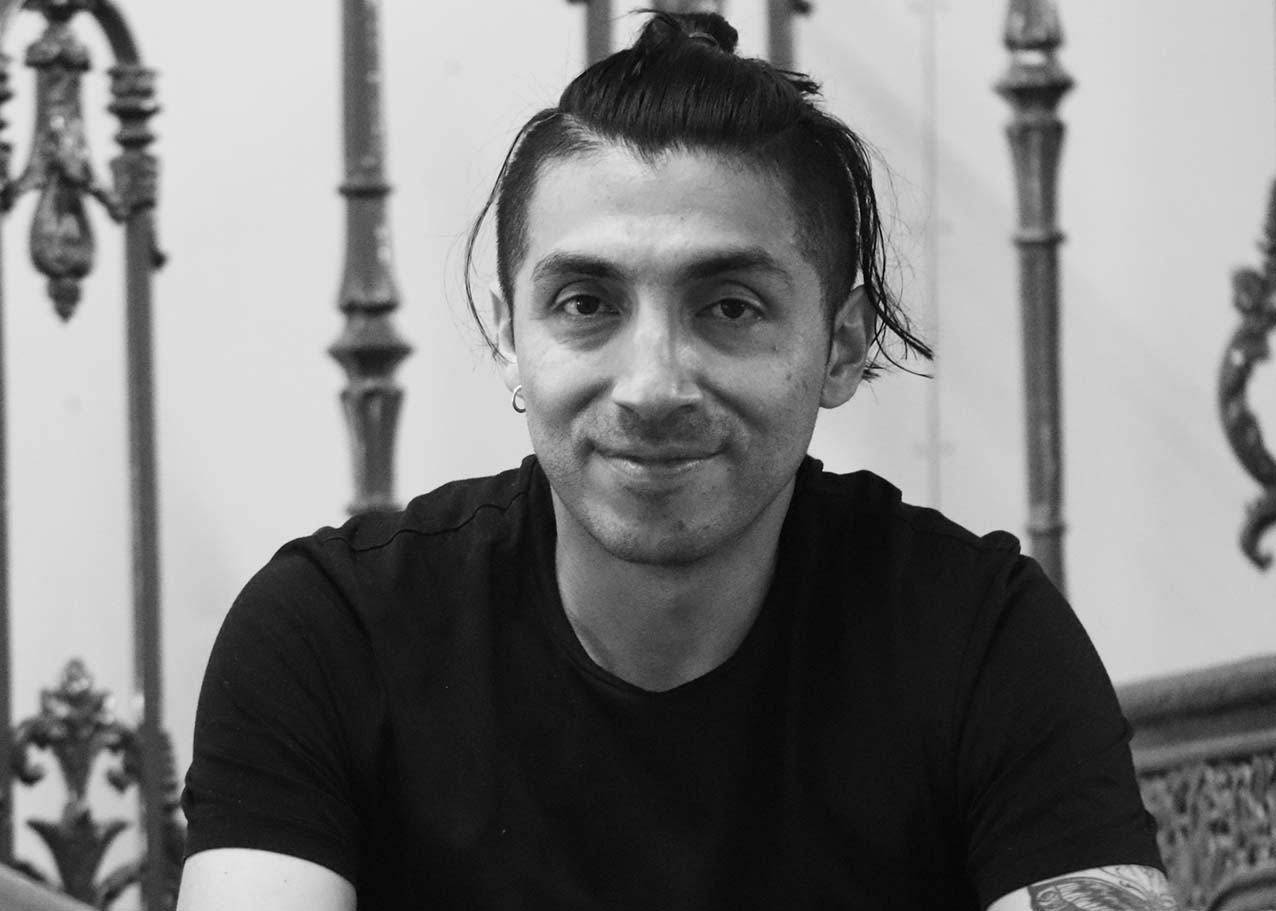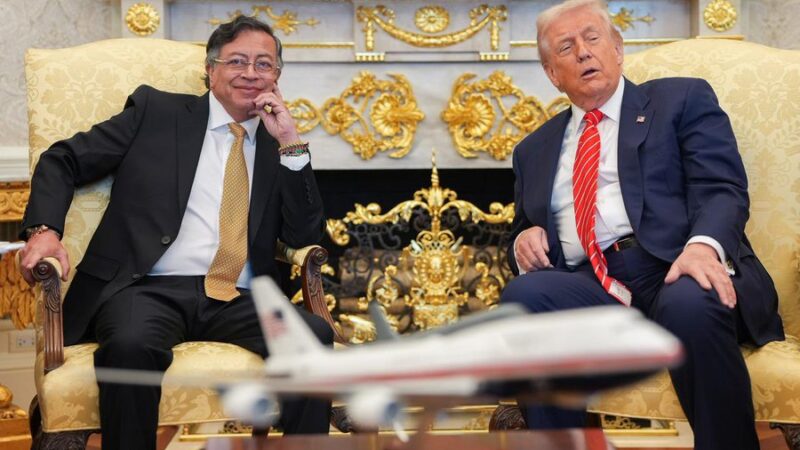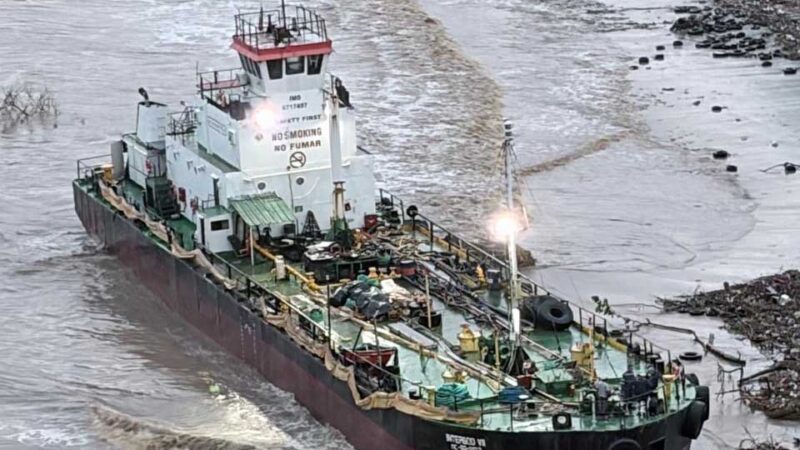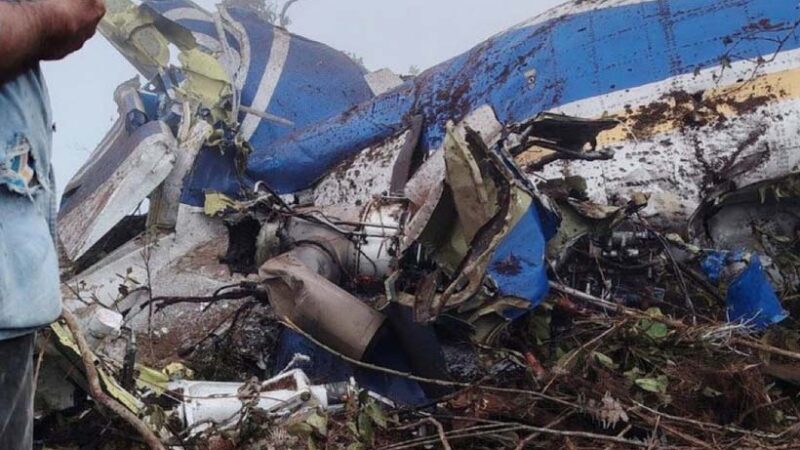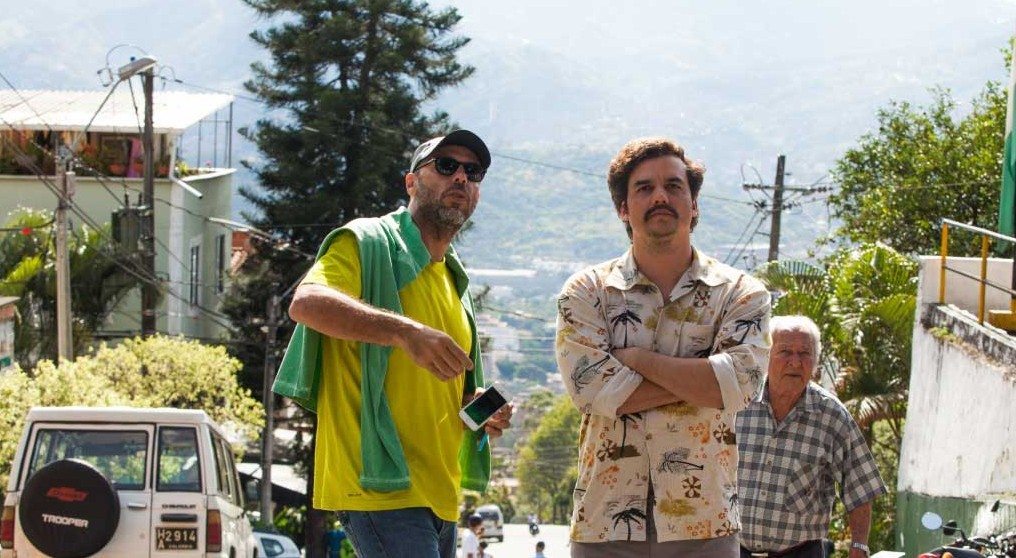
José Padilha’s new Netflix series Narcos premiered the last week of August. The epic tale of the Colombian and U.S. government hunt for Pablo Escobar is a gripping drama that blends the need to entertain with a desire to accurately depict a man the Brazilian director best known for the movies Elite Squad and Robocop (2014) calls a “violent, megalomaniac, psychopath.”
The mere mention of Escobar, let alone a 10-hour portrayal for a television show, can be sensitive to Colombians. Padilha says plenty have asked him, “Why are you doing this?” He recently answered that question, and many more, in an exclusive interview with The City Paper.
I know you shot in Bogotá and Medellín, but where else did you go?
Yeah, I’ve been around. Bogotá and Medellín, but also Cartagena, Villavicencio. I actually really dig Colombia. It’s a nice country.
It is a very beautifully shot series and I think you should be very proud. But it’s not really that hard to make Colombia look beautiful, right?
No. It is easy, wherever you point. You want to know what’s hard? The hard thing is to get people to make television on location instead of in studio. That’s what the battle was.
Some of the places you shot were pretty rural. The transportation here is not the best, so was it hard to get around?
The whole idea of doing television on location is problematic because, first, you need screenplays really early. You have to find the locations. You’re not writing for a set that already exists. You also have to pre-light every location and have to travel.
You have to do this for each episode, and you have only between 10 and 15 days, depending on the script. For a movie, you would have more than a month.
So, usually, it’s difficult to do television — any television — on location. And this show is totally location based, which is really important for me. That was only made possible, actually, with the help of the Colombian crew.
The writers were not used to the location process because they were mainly TV writers, and we had to scramble to find locations and prep as we got the screenplays. The only way we pulled it off was with the help — the incredible, amazing help — of the hardworking people that were in this crew.
Did it help the actors, given the subject matter, to actually be in Colombia where it the story is more meaningful?
I wouldn’t have done it anywhere else. I wouldn’t do it if it wasn’t in Colombia. And right off the bat, Netflix agreed to do it in Colombia and wanted to do it in Colombia, too.
Also, people speaking in Spanish was a condition that was 100% necessary for us. It was incredibly good that Netflix backed us up in that, too. I just don’t know any other place that would have allowed us to do it this way.
It’s really, really a key point, and it helps a lot to have the actors speaking their own language and to be in the actual place.
It even uses Colombian Spanish, with “hijitos” and many words ending in -ito. That may be lost on some people — especially in the U.S. where people don’t love subtitles, but it added authenticity.
By the way, we’re doing great here in America, too. It’s not that much in subtitles. Only half of it is in subtitles. And a lot of people speak Spanish in America.
Obviously, Pablo Escobar is a very controversial figure who has been portrayed in U.S. media in different ways but not always as nuanced as you’ve tried to be. Is that something you thought about a lot when making Narcos?
I interviewed a lot of people to develop the series. Lawyers who represented the Ochoa Brothers and who met Gacha and Pablo Escobar. Police officers. I spoke to the DEA guys. President Cesar Gaviria.
A lot of journalists said that Pablo was controversial. But actually when I went into the field to look at that myself, I had an overwhelming opinion in Colombia that people basically hated Pablo Escobar — with the exception of certain barrios in Medellín. That’s my direct measurement of that.
It doesn’t surprise me. Pablo Escobar brought a plane down. Pablo Escobar put a bomb in front of a library and killed a bunch of kids. Pablo Escobar did so many bad things to so many different people in Colombia that it’s natural that the majority of Colombia doesn’t like him.
Having said that, there’s another part of this, which is the fascination with big criminals. Even in the movies, Everybody loves the Godfather, everybody loves Michael Corleone — even though they kill people. They are gangsters.
In my movie, Elite Squad, everybody loves Capitão Nascimento. He’s torturing people. So there is a fascination with power, a fascination with the small guy that becomes big. All of this is part of the mythology of Pablo Escobar.
But sit down with someone in Colombia one-on-one and talk to them calmly about Pablo, what I got was everybody hates this guy except some people in Medellín.
Now, in certain places in Medellín — especially where he built houses, which we went to and we talked to the people who live there — it goes beyond liking. People love Pablo Escobar. People hold him in incredibly high regard, even like he’s a saint or something. That is true.
But, mostly, I found out that Colombians are not particularly fond on Pablo Escobar and a lot of times I heard people say to me “Why are you doing this movie? Why are you doing this? This is something Colombia wants to leave behind.”
On my end, I didn’t take any of that into consideration. I looked at the historical facts, and I looked at the nature of the man from what I could get.
What nature did you find?
Pablo Escobar was incredibly aggressive, fueled by a megalomaniac personality in my book, and a very aggressive businessman — including very violent. And he happened to stumble in to the most profitable, and one of the most addictive, products ever put in any market.
The meeting of those two things — this product, cocaine, with this very aggressive, violent, megalomaniac, psychopath — created the whole thing. People say “a meeting made in heaven.” This was a meeting made in hell.
They just took over. He had a vision to create this massive production and export lots of cocaine into America, and he single-handedly created the cocaine trade. Not the small cocaine trade, because it already existed, but the massive cocaine trade. And every single drug dealer in the world who sells cocaine is an heir of Pablo Escobar.
Do you think being from South America — not from Colombia, but also seeing how Brazil is portrayed as mostly sex and violence — makes you sensitive to those thing?
I hadn’t previously studied Colombia anywhere near the depth that I did to prepare myself for this series. I hadn’t been in Colombia before. And after speaking with many people, including President Cesar Gaviria and President Juan Santos, who are really smart men, I got a notion of the history of Colombia that made two things very clear to me.
One is that Colombia is different from the rest of Latin America. In Brazil, Argentina, Chile, we had a history where we had no democracy for a long period. We had right-wing, American-backed military governments fighting against left-wing guerillas. And almost all the culture — all the art, all the cinema — from the rest of Latin America always comes from a Marxist perspective.
It’s also ingrained in the history of Latin America. But artists who opposed the political dictatorship saw it as being connected to America and took a Marxist cultural stance. And i’m not saying lame Marxism, I’m saying sophisticated Marxism. French philosophers and all these guys had a big influence in that part of Latin America.
But in Colombia, there has always been a democracy. There has never been a right-wing, American-backed dictatorship like the other countries. And still Colombia was — one could argue before recently — even more violent than the other countries. That’s really interesting to me.
I kept asking everyone, and what didn’t fit was the image I got from talking to those people that, in Colombia, there was an oligarchy. That oligarchy had two different groups that fought one another, like you saw in La Violencia, and it was almost like a society with a caste. No social maneuverability. You don’t go from being poor to being rich. Then the phenomenon of Pablo Escobar happens.
The small guy that becomes big?
This is interesting because the phenomenal of Pablo Escobar in the symbolism of Colombia has, to me, two dimensions. One is, it’s a criminal. The biggest criminal and the richest criminal ever.
He was #6 on the Forbes list, but also Gacha was #9 and the Ochoas were #11. These guys had so much money. Together they were the size of Bill Gates, right? So this is a new phenomenon in Colombia. A huge risk. It almost became a “narco-state.”
But on the other hand, for a brief moment of time, even big magazines — like La Semana — published stuff like “The Paisa Robin Hood” praising Pablo.
So for a brief time, some part of the intellectuals in Colombia thought, “This is a guy who has broken free from the oligarchs. So that’s kind of what sold this mythology of the “loved Pablo Escobar,” which actually existed back in the day before people actually got to know what he was.
Now, America comes into this scenario by making a huge mistake. What’s the American mistake? They decide that the problem of drugs — conveniently — is a problem of supply. So we are going to deal with the drug trade by killing the people, or arresting the people, who produce the drugs and export the drugs.
That is a decision that will haunt us for a very long time. It set up the tone of the War on Drugs.
And that is how the War on Drugs spread to Colombia?
What you see, if you take a broad perspective is, they go to Medellín, they fight the war on the suppliers, they disrupt the Medellín Cartel, they kill Pablo Escobar. Before they are even done with that, the supplier is now in Cali.
So now they’re going to wage war in Cali. And they do the same process again. And then it goes to the FARC. And now it’s in Mexico.
So what’s the War on Drugs? The War on Drugs is basically a failed attempt to deal with the problem of drugs by going after the suppliers ignoring the demand.
This mistake, it is a compounded mistake, that explains Pablo Escobar. There is the Colombian mistake fueled by the fact that he was poor and he broke the caste — he was a billionaire richer than all the oligarchs in Colombia, which for awhile seduced Colombians in the beginning. And the mistake of the Americans thinking we’re going to stop the drug trade. So there’s no good guy in this. No good government.
The “Good Guy” becomes the Colombians who fought this war with blood. Ronald Reagan is waging this war, but he is on the sideline. It’s a war where they go, they put political pressure, they give weapons, they do this and that. But the body count is not in America.
The body count in America is ignored because the people who die in America — and it’s a lot of people — are drug addicts. Or the crimes are drug related. And to me, if you look at the anti-drug American policy, they should necessarily shift the paradigm. It should be seen as a problem primarily of demand.
And when you can see the drug problem as a demand problem, it is no longer a police problem or a military problem. It becomes a public health and a social problem. It is completely different. Once you put it in terms of demand, you have to have a lot of money invested into education of the younger generations about the facts of drugs.
You have research on drugs. You have social security helping people who are addicted to drugs. You have to fight in poor communities to stop people from getting into the drug trade. It’s a completely different point a view that has not been adopted up to this day.
So when I look at the American participation in this, I just cannot look at this with good eyes. I just can’t. Because I think it’s fundamentally mistaken, and I think that the mistakes that Ronald Reagan did at the time are mistakes that continue up to today.
My favorite cut in this whole series is when I cut from Nancy Reagan saying “Just say no” to the Cockroach being shot in the head. The naivete, the silliness. And she truly believed in her statement: “When it comes to drugs and alcohol, just say no.” That’s the policy America had for demand. It’s a moral decision to be made by each individual. As far as demand goes, the government ain’t going to do anything. You guys have to say no.
You know what else happened in the ‘80s in America? The biggest explosion of people going to jail ever. Jails in America were not crowded. They had thousands of people. Now there are hundreds of thousands of people. Millions of Americans in jail. All — or most of it — drug related. That’s a consequence of what Pablo Escobar did and the fact that they failed to deal with it in the right way.
That scene with Nancy Reagan was one of most memorable. Another that were very poignant was when Cpt. Castillo tells Pedro Pascal that the DEA has nothing to lose here. “For us it’s real and my people have been killed. You’re just looking for a DEA win.” Is that what it was? The U.S. was just playing a game in a country where thousands of people were dying?
At a certain point in time, it became that. And the point in time for me is when there was a shift from Medellín to Cali. Medellín had the primacy of the drug trade and then Cali took it — before Pablo was killed. The DEA and the American government saw that happening, they understood it was happening, and still they threw all their resources at getting Pablo.
Because then it was no longer about drugs. It was getting a trophy. It’s the same thing as getting Saddam Hussein out of a hole and showing him off after totally destroying Iraq and then creating the biggest mess ever. Same thing.
So this season is just your first chapter in maybe pursuing the War on Drugs further? Are we going to see into Central America up to Chapo and the Sinoloa Cartel in Mexico?
That’s the idea. That’s our goal. Whether this is going to happen or not depends on us getting the series to be successful season by season. So it’s up to us. I’m hearing we got a really good opening, so I’m hopeful that we can do that.
Will there be more in Colombia?
Yeah, we have to go to the end. Pablo Escobar just escaped La Catedral. He’s still alive. And then we’ve got to build up Cali and Los Pepes. You know the story. We haven’t really gone into the dark, American participation in this.
Share this story
Jared Wade
View all posts by Jared Wade


